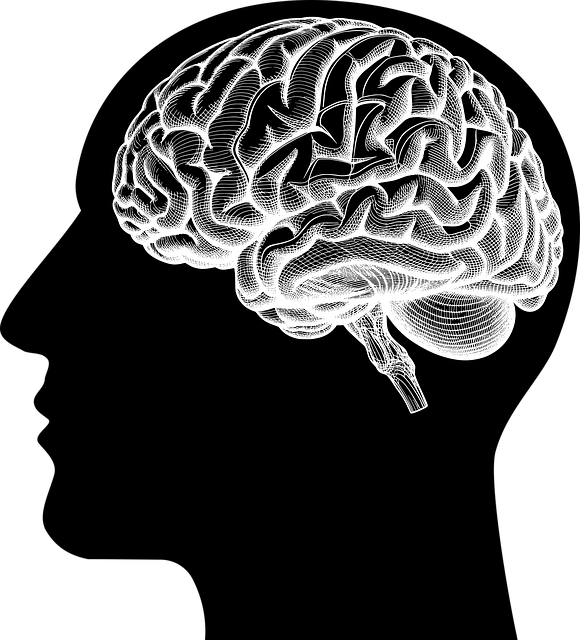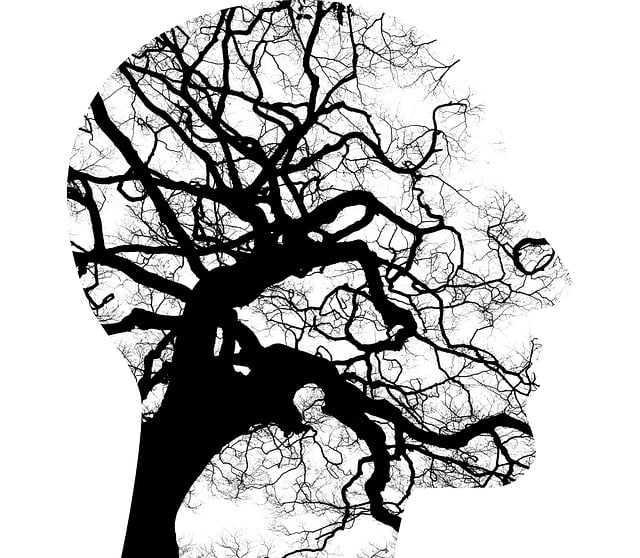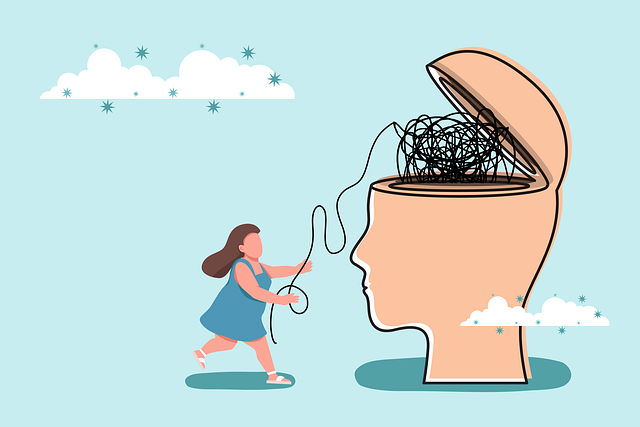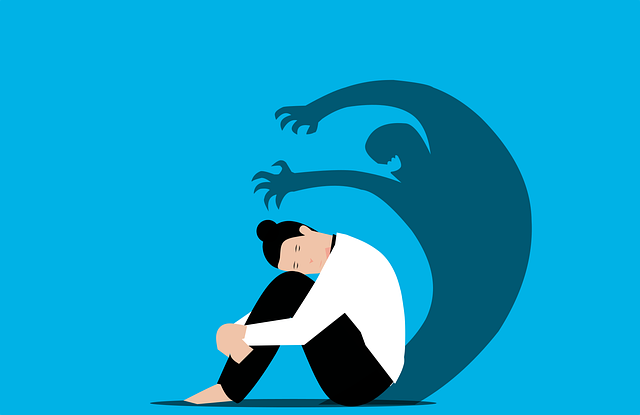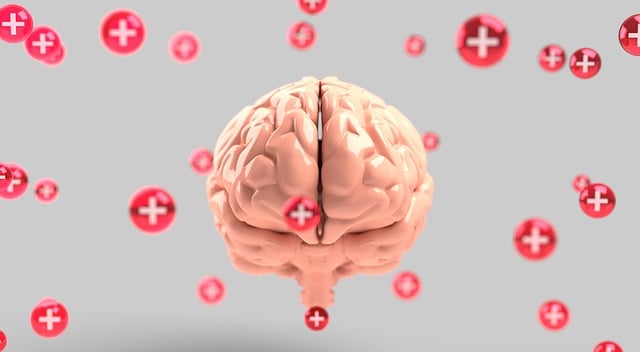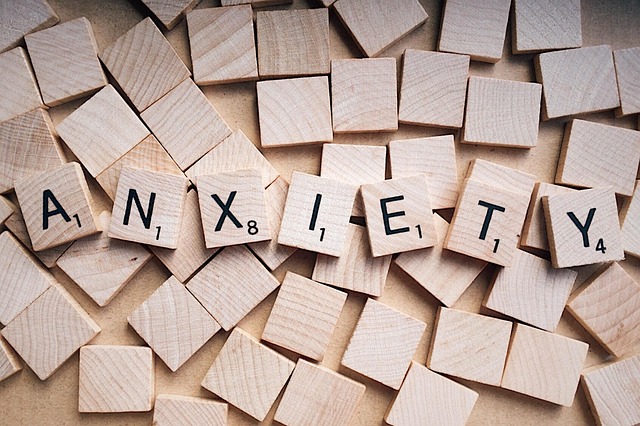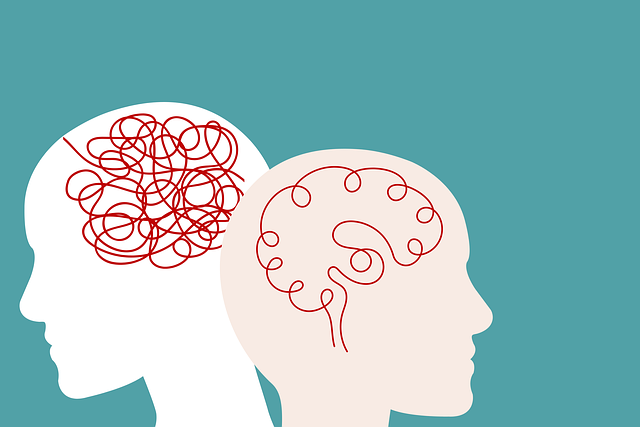EMDR therapy, recognized for trauma treatment and effective stress management, utilizes eye movements to process distressing memories, enhancing emotional intelligence and self-esteem. With growing accessibility through certified therapists on mental wellness platforms, this approach combines techniques like active listening, mindfulness, and self-care routines to improve resilience and navigate life's challenges. Professional EMDR certification focuses on holistic teaching strategies, integrating diverse techniques and self-care practices for effective stress management and long-term well-being.
Stress management is a vital skill, especially with modern life’s constant demands. This article guides you through powerful tools for navigating stress effectively. We explore EMDR (Eye Movement Desensitization and Reprocessing), a revolutionary therapy for managing traumatic memories and their impact on mental health. Additionally, we offer practical daily techniques to relieve stress and provide certified therapists with strategies to teach these skills. Discover how these methods can transform your well-being and empower you to lead a calmer, more balanced life.
- Understanding EMDR and its Role in Stress Management
- Practical Techniques for Daily Stress Relief
- The Certified Therapist's Guide to Effective Teaching Strategies
Understanding EMDR and its Role in Stress Management

EMDR (Eye Movement Desensitization and Reprocessing) is a powerful therapy that has gained recognition as an effective treatment for trauma and stress-related disorders. It involves guiding clients through specific eye movements while they recall distressing memories, helping to process and reduce the emotional intensity attached to these memories. This technique allows individuals to reframe their perceptions, leading to improved mental well-being.
EMDR therapy has been embraced by professionals worldwide for its ability to enhance self-esteem improvement and emotional intelligence. By desensitizing individuals to traumatic experiences, it offers a unique approach to stress management. With its growing public awareness campaigns development, EMDR-certified therapists are becoming more accessible, providing those struggling with stress-related issues a valuable tool for recovery and personal growth.
Practical Techniques for Daily Stress Relief

Incorporating practical stress relief techniques into daily routines can significantly improve mental wellness and overall quality of life. One highly effective method is Eye Movement Desensitization and Reprocessing (EMDR) therapy, a recognized treatment for trauma that facilitates emotional regulation by helping individuals reprocess distressing memories and experiences. For those seeking EMDR certified therapists, many mental wellness podcast series production platforms offer resources to find qualified professionals.
Beyond individual therapy, empathy building strategies play a crucial role in stress management. Practicing active listening, cultivating compassion towards oneself and others, and engaging in mindfulness exercises can all contribute to a more balanced emotional state. By combining these techniques with regular self-care routines, individuals can better navigate life’s challenges, enhancing their overall resilience and promoting mental wellness.
The Certified Therapist's Guide to Effective Teaching Strategies

In the realm of therapy for EMDR (Eye Movement Desensitization and Reprocessing) Certified professionals, effective teaching strategies are paramount to guiding clients towards stress management mastery. The Certified Therapist’s Guide emphasizes a holistic approach that integrates various techniques tailored to individual needs. This comprehensive method includes teaching self-care practices and emotional regulation skills, empowering individuals to cultivate resilience against stressful situations.
By incorporating Self-Esteem Improvement strategies into the curriculum, therapists enable clients to develop a positive self-perception, crucial for navigating challenging circumstances. Through interactive sessions, professionals equip participants with tools to enhance their coping mechanisms, ensuring they can promptly address and manage stress effectively. These strategies not only cater to immediate needs but also foster long-term well-being by instilling sustainable Self-Care Practices in clients’ daily routines.
Stress management is a vital skill, and teaching effective techniques can empower individuals to navigate life’s challenges. This article has explored powerful tools like EMDR, offering a deeper understanding of its role in stress relief. By incorporating practical strategies into daily routines, people can achieve better well-being. For those pursuing therapy certification, mastering these skills is essential, providing a comprehensive guide for effective teaching and empowering clients to lead more balanced lives.



